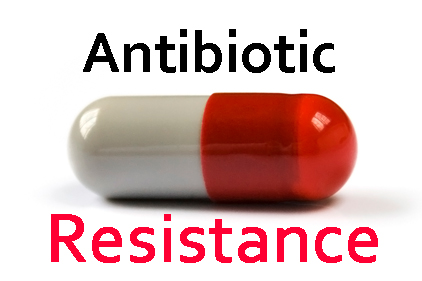Background:
Antibiotic Awareness Week takes place each November and is endorsed by the World Health Organization, acknowledging the global importance of this growing public health issue.
Antibiotics are drugs used for treating infections (like Pneumonia, Urine infection, Meningitis etc.) caused by bacteria. Antibiotics have saved countless lives since its first invention in 1928.
Antibiotic resistance is a growing public health concern worldwide since last few years. It is one of the major PUBLIC HEALTH ISSUE/ THREAT in medical field.

What is ‘Antibiotic Resistance’?
Sometimes an antibiotic that used to work in the past for a certain type of bacterial infection no longer works. This happens when the bacteria change its structure and so it can no longer be killed by the antibiotic. The antibiotic is then unable to cure an infection caused by these bacteria. In other words, the bacteria become resistant and can continue to multiply in a patient’s body even while taking the antibiotic.
What are consequences of Antibiotic Resistance?
Consequences to individual/ patient:
When antibiotics are not effective, it can lead to;
- Prolonged illnesses with delayed recovery
- More complications due to resistant bacteria affecting other organs of body
- More deaths caused by bacterial infections
- Need to use more expensive drugs
- More absenteeism in work so it affects productivity.
Consequences to community:
- Antibiotic resistant bacteria can spread from one person to another person, which can increase risk of antibiotic resistant outbreak of disease in community.
- Rise or increase in healthcare cost burden for individuals/ family/ government.
What precautions can reduce antibiotics resistance?
- Complete the full course/duration of the drug. It's important to take all of the medication, even if you are feeling better. If treatment stops prematurely, it may not kill all the bacteria. You may become sick again, and the remaining bacteria may become resistant to the antibiotic that you've taken.
- Do not skip doses. Antibiotics are most effective when they are taken at prescribed interval.
- Do not take antibiotics prescribed for other(s) with similar infection without consulting a doctor! These may not be appropriate for your illness, may delay correct treatment, and may allow your condition to worsen.
- Avoid taking antibiotics for viral infection. Antibiotics cannot treat viral infection. Talk with your doctor before taking antibiotics in such circumstances.
